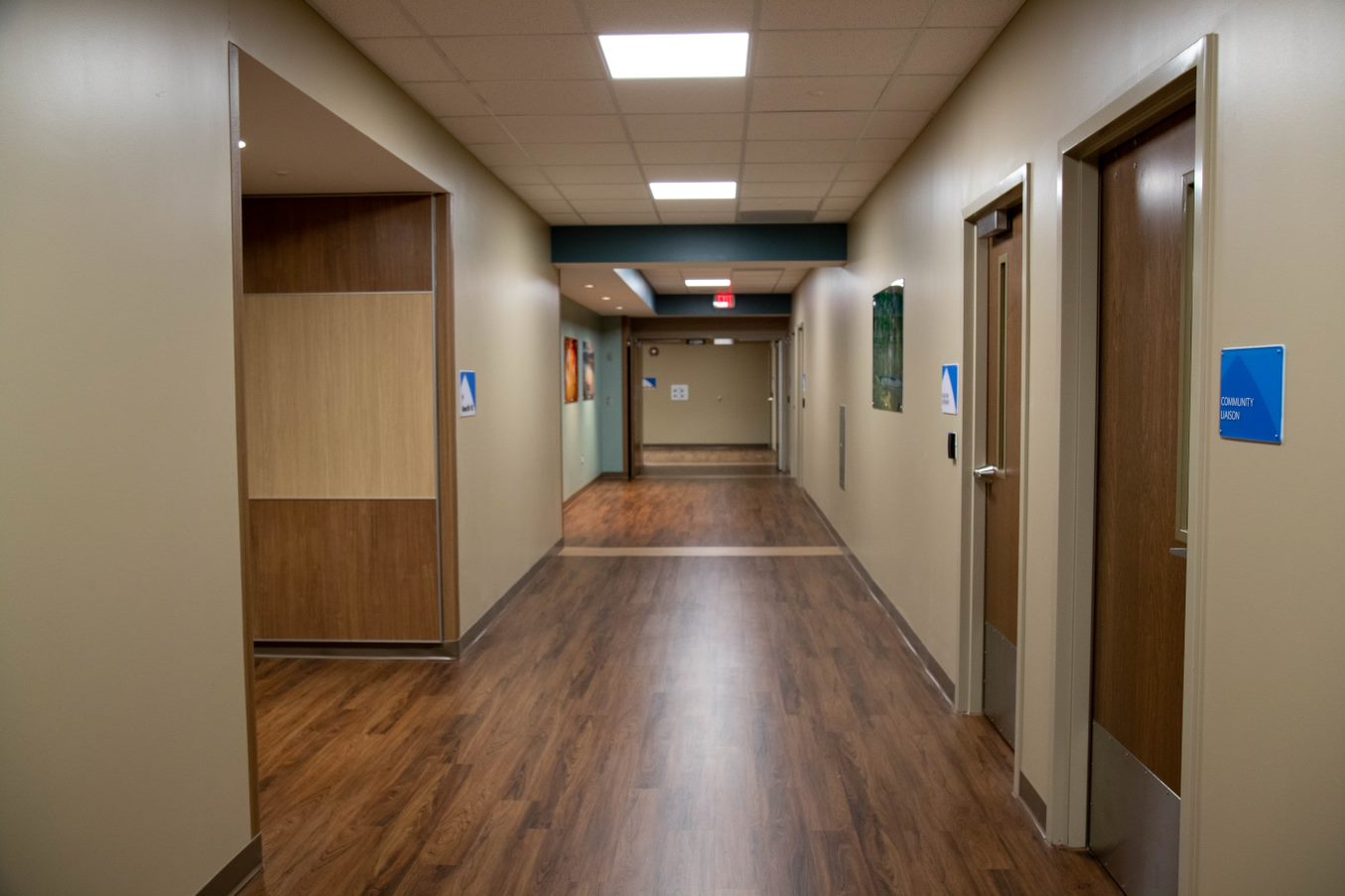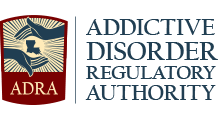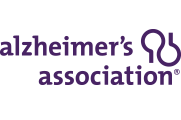Psychotic disorders are mental health conditions such as schizophrenia or schizoaffective disorder that affect the way a person interacts with or perceives their environment.
Some people who have a psychotic disorder struggle with episodes of psychosis, which the U.S. Department of Health and Human Services characterizes as disruptions of thought or perception that cause a person to see, hear, or believe things that aren’t real.
A person who is living with a psychotic disorder may also display very little emotional expression and have disorganized thoughts and speech.
Although psychotic disorders can be overwhelming and highly disruptive to a person’s daily life, these conditions can be managed through appropriate professional care. By getting personalized support, a person who is struggling with a psychotic disorder can reestablish a sense of stability and regain control of the symptoms that have kept them from living their best life.
Signs of Psychotic Disorders
Psychotic disorders affect everyone differently depending on various factors in their lives. But someone who exhibits certain behaviors might be displaying warning signs of one of these conditions.
These are warning signs of psychotic disorders:
- Stops caring for personal hygiene
- Struggles to concentrate or think clearly
- Finds it challenging to finish daily tasks
- Work performance decreases
- Loses interest in spending time with loved ones
- Starts to lash out unpredictably
- Acts silly or childlike
- Seems suspicious or paranoid around others
- Sees or hears things others don’t
- Emotions are intense or numb
- Believes in things that don’t make sense
Psychotic Disorder Symptoms
A person who is experiencing psychotic disorder symptoms has progressed beyond the warning signs and is likely also struggling with episodes of psychosis. This can make it tough for them to tell what’s real and what to believe. They may also be suffering from other psychotic disorder symptoms that can keep them from functioning in their daily life.
While not everyone experiences the same psychotic disorder symptoms, examples include:
- Hears voices that aren’t real
- Sees people or things that aren’t there
- Believes things that are not based in reality
- Sits or stands rigidly for long periods
- Completely lacks verbal or physical responses
- Becomes emotionless and expressionless
- Answers questions with unrelated responses
- Speech is disorganized and may sound meaningless
- Isolates themselves from friends and family
Psychotic disorders impact each person differently, so the nature and severity of these symptoms can vary from person to person. The longer a person goes without seeking professional support, the more disruptive these symptoms can become. It’s crucial to reach out for help at the first signs that you’re struggling with a psychotic disorder.
Common Psychotic Disorder Causes & Risk Factors
There is no single cause of why a person may be struggling with a psychotic disorder. However, there are various factors that can increase your risk for developing a psychotic disorder.
Common causes and risk factors for psychotic disorders include:
- Personal history of other mental health conditions
- Family history of psychotic disorders
- Growing up in an urban environment
- Complications, stress or illness during pregnancy
- Complications during birth
Psychotic Disorder Statistics
The National Institute of Mental Health, the National Institutes of Health and the Hayden Hurst Family Foundation report the following statistics about psychotic disorders:
- Three out of 100 people experience an episode of psychosis at some point in their life.
- Schizophrenia is one of the 15 leading causes of disability worldwide.
- Approximately 0.3% of the general population is struggling with schizoaffective disorder.
- About 5% of people who suffer from an untreated psychotic disorder die by suicide.
Potential Psychotic Disorder Effects
Without appropriate care, a psychotic disorder can destroy a person’s quality of life. But the exact way a psychotic disorder might affect a person depends on various influences, such as whether they have a strong support system, if they have a family history of psychotic disorders and how long they’ve struggled with a psychotic disorder.
Potential ways a psychotic disorder can affect you include:
- Damaged relationships with friends and family
- Decreased job performance or unemployment
- Financial hardship or homelessness
- Frequent arrests or incarceration
- Chronic medical problems due to poor hygiene
- Substance abuse or addiction
- Worsening or onset of a co-occurring mental health condition
- Self-harm, suicidal thoughts or death by suicide
What If My Psychotic Disorder Symptoms Return?
Experiencing episodes of psychosis and other symptoms associated with psychotic disorders can be overwhelming. But with the help of expert clinicians, you can learn to manage the symptoms that have kept you from living a full, productive life.
When you seek professional support for a psychotic disorder, you can build a solid foundation of safety and stability. Your care team will help you develop coping skills that will allow you to regain control of the symptoms that have been so disruptive to your daily life.
While the work you do with professionals sets the groundwork for long-term recovery, it doesn’t guarantee that your symptoms won’t return at some point. However, it does prepare you for any future challenges.
If you find that you’re struggling with the same behaviors or symptoms as before, do not hesitate to reach out for professional help.
Common Underlying or Co-Occurring Conditions
Trying to navigate your daily life while living with a psychotic disorder can be exceptionally challenging. But it can be even more difficult if you are also struggling with another mental health or addiction concern.
At Ascension Saint Thomas Behavioral Health Hospital, we will ensure that the care you receive with us addresses any underlying or co-occurring conditions you are suffering from.
To learn more about concerns that can co-occur with psychotic disorders, we recommend visiting the National Alliance on Mental Illness.
This content was written on behalf of and reviewed by the clinical staff at Ascension Saint Thomas Behavioral Health Hospital.






















